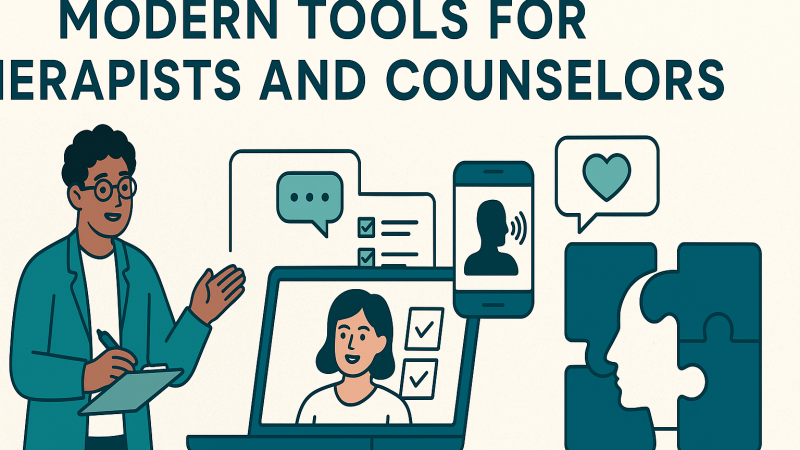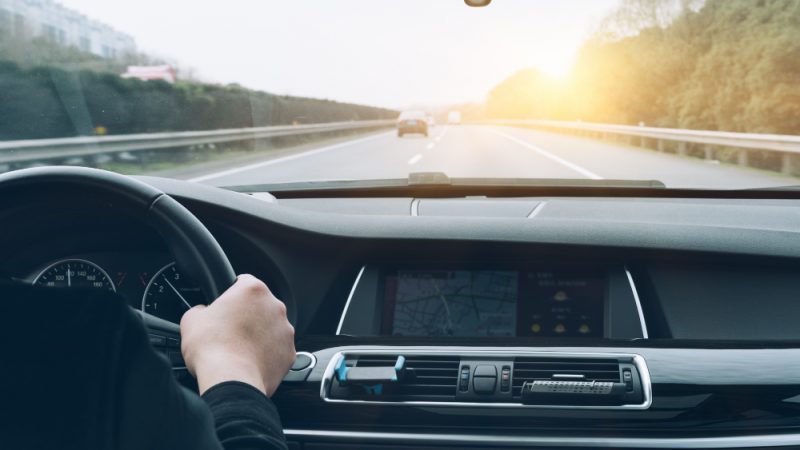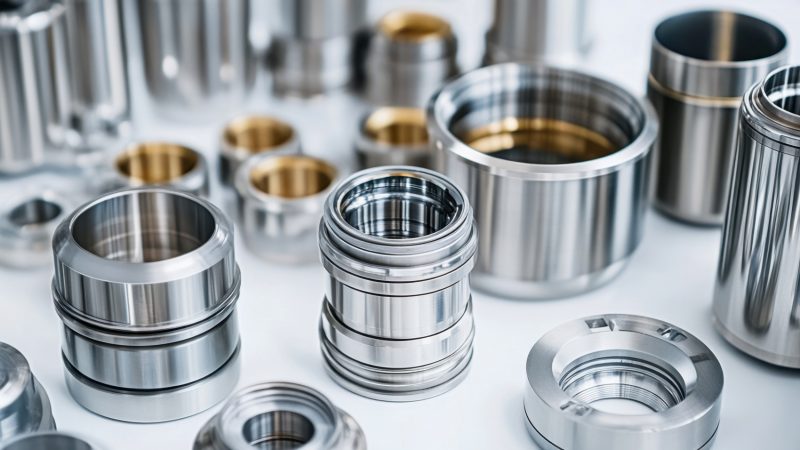Are Vein Finder Clinically Approved Devices
Vein finder devices are becoming increasingly popular, especially in medical settings. But are they clinically approved? In this blog post, we’ll take a look at what clinical approval entails and whether or not vein finders have received it.
What is Clinical Approval?
In order to be considered clinically approved, a device must first undergo a rigorous testing process. This process usually includes both animal and human testing. The goal of clinical testing is to determine whether or not a device is safe and effective for use in humans.
Vein finder devices have undergone clinical testing and have been found to be both safe and effective. In fact, they are now being used in hospitals and clinics all over the world. While there is always a risk of complications with any medical procedure, the risks associated with using a vein finder are very low.
What are the Benefits of Using Clinically Approved Devices?
There are many benefits to using clinically approved devices, both for patients and healthcare providers. When a device has been clinically tested and approved, it means that it has been proven to be safe and effective. This gives patients peace of mind knowing that they are getting the best possible care.
Clinically approved devices also help healthcare providers provide the best possible care to their patients. When providers know that a device has been through extensive testing and has been proven to be safe and effective, they can have confidence in its ability to help their patients.
Are There Any Downsides to Using Clinically Approved Devices?
There are very few downsides to using clinically approved devices. The main downside is that these devices tend to be more expensive than non-approved devices. This is because the clinical approval process is very costly and time-consuming. However, many insurance companies will cover the cost of clinically approved devices if they are medically necessary.
So, Are Vein Finders Clinically Approved or Not?
Vein finder devices are clinically approved for use in phlebotomy, but there is some debate about their accuracy. One study found that the devices were able to correctly find veins 95% of the time. However, another study found that the devices only had an accuracy of 74%.
Vein finder devices use a variety of methods to find veins. The most common method is infrared light. The device emits infrared light that is absorbed by the blood in the veins. The veins appear dark on the screen because they are not absorbing the light. A Device by the name of Go 2.0 Vein finder by Aimvein solve a lot of your problems here, go and check out it, also read reviews about it on the internet.
There are also ultrasound and microwave vein finders. Ultrasound vein finders use sound waves to find veins. Microwave vein finders use microwave radiation to find veins.
The Pros and Cons of Using Clinically Approved Vein Finders
The Pros of Using Vein Finders
Vein finders can be a great asset in the medical field for a number of reasons.
-
First, they can help you save time. If you’re trying to locate a vein without a vein finder, it can take several minutes of poking and prodding before you finally hit the mark. With a vein finder, you can often locate the vein on the first try, which means the procedure will take less time overall.
-
Second, vein finders can help you avoid complications. If you’re not able to locate a vein on the first try, there’s always the risk of puncturing an artery or causing bruising. Vein finders help you avoid these complications by making it easier to locate veins without needing to poke and prod around blindly.
-
Third, vein finders can help improve patient satisfaction. If a patient sees that you’re having difficulty locating their vein, it can increase their anxiety levels and make them more likely to refuse treatment. However, if you’re able to quickly and easily locate their veins with a vein finder, they’ll be more likely to trust in your abilities and feel comfortable with proceeding with the procedure.
The Cons of Using Vein Finders
While there are many advantages to using vein finders, there are also some potential disadvantages that you should be aware of before making the decision to use one.
-
First, there’s always the potential for errors. Just like any other piece of technology, there’s always the potential for user error when using a vein finder. If you’re not familiar with how to use the device properly or if you don’t calibrate it correctly, then it may not work as intended. This could lead to complications such as missed veins or even punctured arteries if you’re not careful.
-
Secondly, vein finders can be expensive. If your facility is considering purchasing multiple units or even just one unit for each staff member who might need it, then the cost can add up quickly.
Before making the decision to invest in this technology, be sure to weigh the costs against the potential benefits to see if it’s worth it for your facility.
FAQs
Q: Do you need any special training to use a vein finder?
A: In most cases, you don’t need any special training or certification in order to use a vein finder.
Q: Is it considered safe to use a vein finder on patients with sensitive skin or who may be allergic to the device?
A: In general, most vein finders are considered safe for use on most patients. However, if you notice that a patient is experiencing skin irritation or other discomforts when using it, it’s important to consult with a medical professional before continuing.
Q: Can vein finders be used on patients of all ages?
A: Yes, most vein finders can be used on patients of all ages. However, it’s important to take into account the physical limitations of younger or older patients and use a device that is appropriate for their size and weight.
Q: How long does it typically take to learn how to use a vein finder?
A: Depending on your level of familiarity with technology and medical devices, you may be able to learn how to use a vein finder in just a few minutes.
Conclusion
If you’re considering using a vein finder device, rest assured knowing that these devices are clinically approved and have been proven to be both safe and effective.
While there is always a risk of complications with any medical procedure, the risks associated with using a vein finder are very low. So if you’re in need of a vein finder device, talk to your healthcare provider about getting one that is clinically approved.



